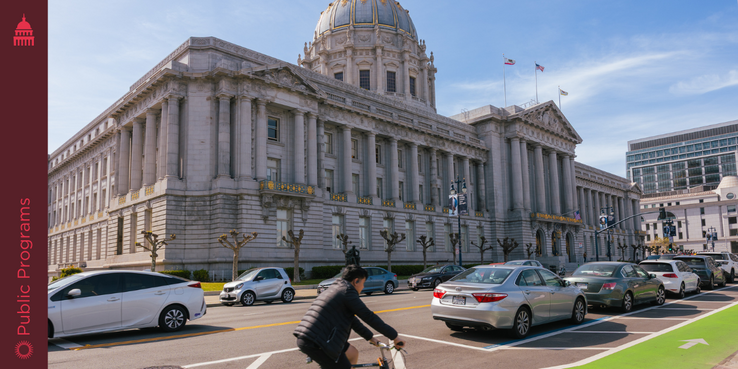The City and County of San Francisco faces increasingly complex challenges, from housing affordability to public safety to climate resilience, that demand effective and responsive governance. Yet the San Francisco City Charter, the foundational legal document meant to serve as the city's local "constitution," constrains rather than enables effective governance.
Over time, well-intentioned amendments have created a charter impressive in scale but chaotic in design. As a result, San Francisco's charter is 548 pages long, fostering a system where accountability is unclear, decisions are slow, and residents experience the consequences of delayed services.
San Francisco last comprehensively updated its charter 30 years ago; since then, voters have amended it more than 100 times. As policymakers and the public consider changes to the charter to streamline the city's many commissions, now is the time to holistically modernize the charter, designing a governance structure that supports effective leadership, adaptable problem-solving, and meaningful accountability to the public.
In this panel, we'll sit down with experts to explore SPUR's recommendations in Charter for Change: Empowering San Francisco's government through charter reform that modernize the city charter, creating a governance framework that empowers leadership, ensures accountability, and allows the city to address its challenges.
- Moderator: Ben Rosenfield / Former City Controller, City and County of San Francisco
- John Rahaim / Former Director of Planning Department, City and County of San Francisco
- Dawn Kamalanathan / Special Projects, San Francisco Department of Public Works
- Noelle Simmons / Former Deputy Director of Human Services, City and County of San Francisco
